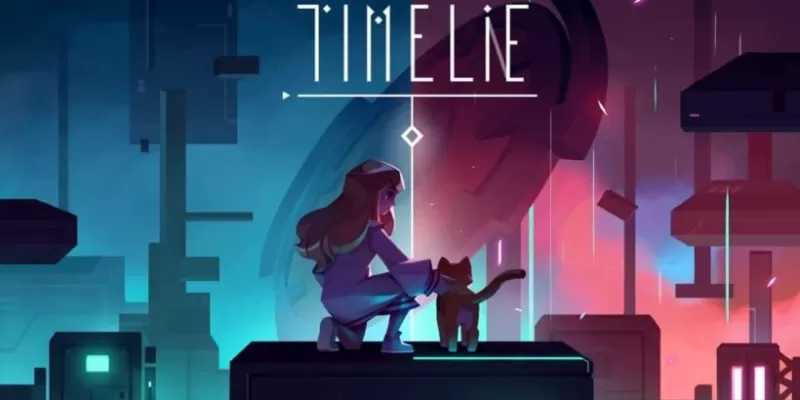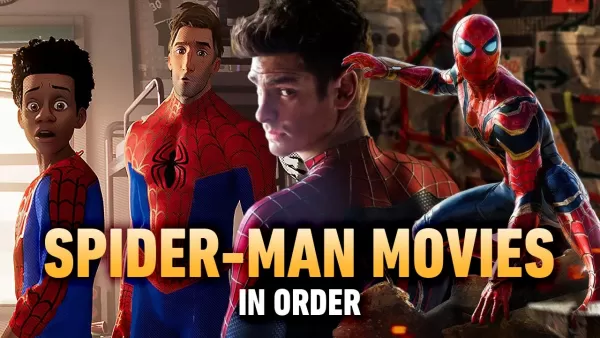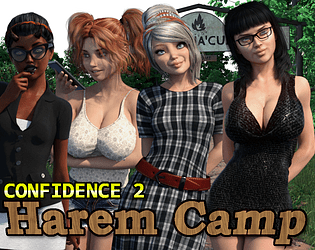Microsoft's latest venture into AI-generated gaming has stirred a significant online debate, as it unveiled a demo inspired by the classic game Quake II. Utilizing its Muse and World and Human Action Model (WHAM) AI systems, Microsoft claims this demo can dynamically create gameplay visuals and simulate player behavior in real-time, effectively crafting a semi-playable environment without a traditional game engine.
The tech demo, which Microsoft describes as an "interactive space inspired by Quake II," allows players to engage with AI-generated sequences where every input triggers a new moment in the game. This approach is touted as a glimpse into the future of AI-powered gaming experiences, showcasing how cutting-edge research can be transformed into a playable demo.
However, the demo has received mixed reactions, especially after a video shared by Geoff Keighley on social media platform X / Twitter. Many were quick to criticize the demo, expressing concerns over the quality and the broader implications for the gaming industry. Some Redditors voiced fears that AI-generated content might strip games of their human element, leading to a future dominated by "AI-generated slop." Critics argue that such technology, despite Microsoft's ambitions to build a catalog of AI-driven games, currently struggles with basic gameplay mechanics and originality.
On the other hand, some defended the demo, viewing it as a promising showcase of AI's potential. They see it as an early concept tool that could improve other fields within AI, though they acknowledge it's not yet suitable for creating full, enjoyable games.
The debate over generative AI in gaming is part of a larger conversation within the entertainment industry, which has seen significant layoffs and struggles with ethical and rights issues surrounding AI. While some companies, like Keywords Studios, have reported failures in using AI to replace human talent, others, including Activision, continue to integrate generative AI into their products, despite facing backlash from fans and creators alike.
This ongoing discourse highlights the tension between technological advancement and the preservation of the human touch in gaming and entertainment, as the industry navigates the challenges and opportunities presented by AI.









